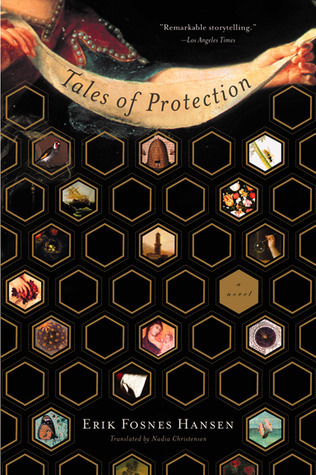
Siegfried: A Black Idyll
Book Description
A single act of desperation can change everything. In 'Siegfried: A Black Idyll,' the lines between love and betrayal blur as a bombastic composer becomes entangled in a web of obsession and deception. Set against the backdrop of a war-torn landscape, the tangled relationships reflect a dance of power and vulnerability, where passion and ambition collide. Every choice is a risk, every secret a potential catastrophe. As the stakes rise, who will pay the ultimate price for their desires? In a tale that twists fate and tests the limits of the human heart, can redemption be found in the ashes of destruction?
Quick Book Summary
"Siegfried: A Black Idyll" by Harry Mulisch is a haunting exploration of moral ambiguity, set in the aftermath of war. The novel follows a passionate yet troubled composer who becomes entangled in the legacy of the past as he investigates a controversial and powerful couple rumored to have conceived a son, Siegfried, during World War II. As the protagonist delves into their secrets, he navigates a treacherous landscape of obsession, betrayal, and memory. The narrative deftly blends historical fiction with psychological drama, highlighting themes of culpability, the nature of evil, and the unpredictable consequences of desire. Against the ruins of war, each character’s choices carry weighty consequences, raising profound questions about redemption and the price paid for love and ambition.
Summary of Key Ideas
Table of Contents
Obsession and the Search for Truth
A single moment in a war-ravaged world can set off a cascade of events, as seen through the eyes of the novel’s protagonist, a composer haunted by the legacies of the past. Drawn by obsession and curiosity, he fixates on an enigmatic couple whose wartime experiences are shrouded in secrecy. As he digs deeper, the darkness of their history becomes intertwined with his own, raising the stakes for everyone involved. The composer’s pursuit is driven not only by an eagerness to uncover the truth but also by personal demons that threaten to overwhelm him.
The Blurred Lines of Good and Evil
The novel powerfully explores the blurred boundaries between innocence and culpability. The characters face moral dilemmas set against the backdrop of Nazi-occupied Europe, where clear distinctions between guilt and virtue are eroded. The emergence of Siegfried as a possible child born of infamous origins challenges the very notion of inherited evil, prompting the protagonist—and the reader—to question whether one’s lineage determines destiny, or if personal responsibility can overcome inherited sins.
The Weight and Consequences of Secrets
As the protagonist navigates his relationships, themes of love and betrayal come to the fore. Emotions are raw and relationships precarious, marked by longing, infidelity, and the ever-present threat of exposure. Each character guards secrets that, if unveiled, threaten ruin for themselves and those around them. The dance between desire and danger reveals the vulnerability and duplicity inherent in the human heart, highlighting how the pursuit of intimacy can sometimes lead to devastation.
Love, Betrayal, and the Human Heart
The consequences of choices made under duress reverberate throughout the narrative. Acts of desperation, whether to protect a secret or to seize fleeting happiness, initiate irreversible changes. The composer finds himself a participant in a web of power plays and manipulation, ultimately facing the question of whether redemption can exist in the wake of such destruction. The war’s lingering presence shapes every action, ensuring that no decision is made in isolation and that the cost of ambition is often paid in suffering and loss.
Redemption Amidst Destruction
In its culmination, "Siegfried: A Black Idyll" meditates on the search for meaning and forgiveness amid the scars left by war. The revelations unearthed force each character to confront the repercussions of their desires and the enduring question of whether redemption is possible. Through its evocative storytelling, the novel compels readers to reflect on the thin lines that separate love from betrayal, innocence from guilt, and hope from despair—demonstrating how, even in the ashes of destruction, the human spirit seeks light.
Download This Summary
Get a free PDF of this summary instantly — no email required.





